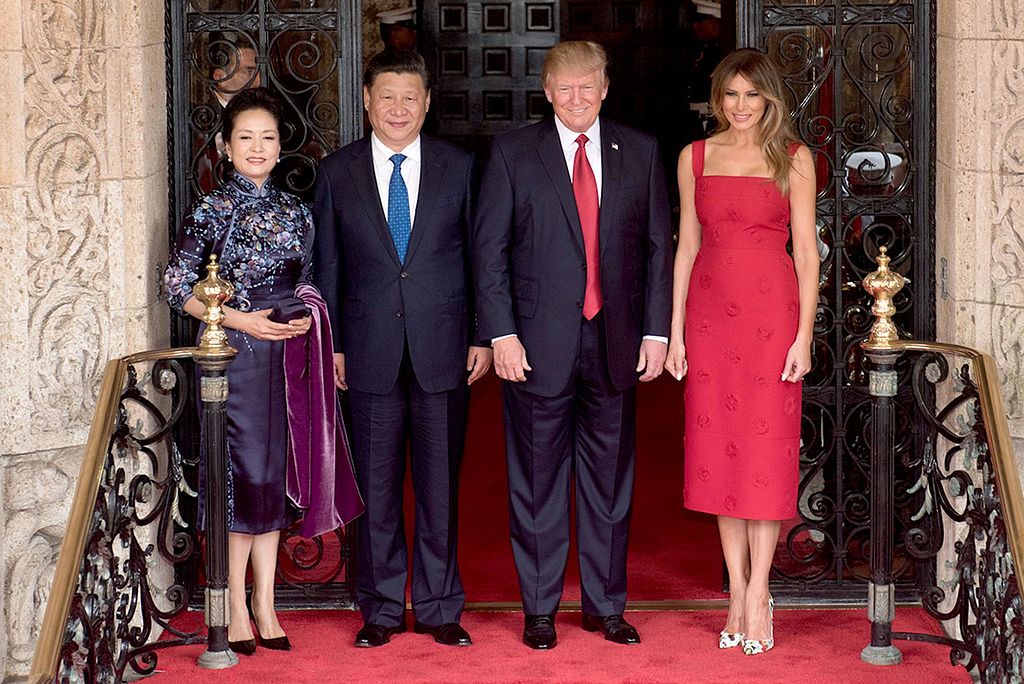
Since Donald Trump came into office, Sino-US relations has experienced many risks and challenges. These risks and challenges are largely due to the negative shift in the US’ strategic perception of China and the resulting tough policy choices. Meanwhile, some Chinese scholars advocate re-evaluating the status of China's diplomacy towards America. They believe that the diplomacy towards America should not be the top priority. My view is that the diplomacy towards the US should remain the strategic focus of China's foreign affairs. It is mainly related to the asymmetric interdependence between the two countries.
On the one hand, the US strategic advantage remains obvious. The United States is a global power with strong advantages in many fields such as military, economics, science and technology, culture, and innovation. Besides, the United States is an external factor that has the most important impact on China's peaceful development. To a certain extent, it could accelerate or block China's modernization process. On the other hand, China’s demand for the US has not changed fundamentally. Opening up is China's fundamental national policy and the key to achieving the “Two Centenary Goals” and the Chinese dream of the great national rejuvenation. When China promotes a new pattern of comprehensive opening up, it is inseparable from the advanced technology, business philosophy, management experience, and market opportunities of the Western developed countries including the United States, and cannot be separated from a peaceful international environment. In the late 1970s, the establishment of diplomatic relations between China and the United States, and subsequently the comprehensive improvement of relationships with the Western world provided the necessary external environment for the implementation of reform and opening up. Nowadays, as the new round of reform and opening up begins, China’s demand for a favorable external environment has not weakened at all.
Beyond that, China has put forward the goal of “double building” at the international strategic level, namely, building a new type of international relations and building a community with a shared future for mankind. There is no doubt that this international strategy will be difficult to advance without the stability and development of Sino-US relations. Clearly, for China, whether it is the domestic agenda or the international agenda, the status of Sino-US relations will be the most critical variable. The 19th CPC National Congress report pointed out that China should work to build a framework for major country relations featuring overall stability and balanced development. This does not mean that the status and importance of China's diplomacy towards the US is weakened. To a large extent, the development of China's relations with other major states is to better promote the stable, orderly, and healthy development of Sino-US relations.
The stable development of Sino-US relationship is not only China’s demand of the United States, it is also the strategic need of the United States, and the common expectation of the international community. China’s cooperation is indispensable. Differences between China and the United States on trade, the South China Sea issue, and the Taiwan issue also need to be addressed by the two countries in a frank and constructive way. If they are unable to carry out effective risk management, it could lead to continued tense “cold confrontation”, even direct strategic confrontation. This will be unbearable for the both of them and the world. For China and the United States, and for the international community, Sino-US relations can only go forward, not stagnate or move backwards. Consequently, maintaining the stability and development of Sino-US relations should become the strategic priority of the two countries.
To this end, China and the United States need to strengthen strategic communication, and accurately convey and correctly judge each other’s strategic intentions. This is the basic prerequisite for stable bilateral relations. Meanwhile, the two sides should recognize that the state of Sino-US relations and its future are the result of strategic interaction between them, rather than the unilateral actions of one side. Based on mutual respect, that is, the United States should respect China’s political system and the choice of development path, while China respects the US’ regional interests and global primacy, the two parties should work together to build a new more resilient, stable, and sustainable relationship model with non-conflict and non-confrontation as the bottom line, cooperation and mutual benefits as the goal, maintaining world peace and promoting common prosperity as the historical mission.
